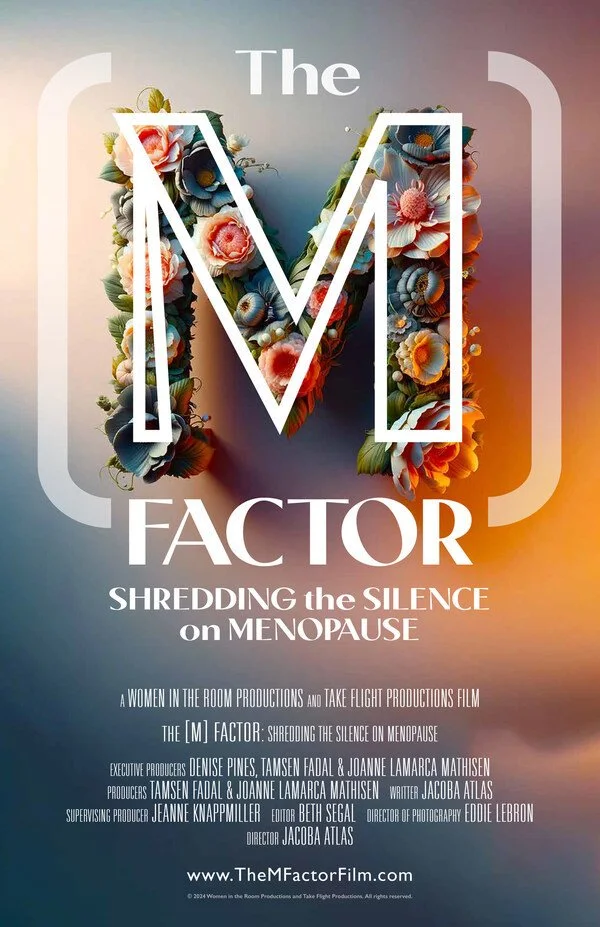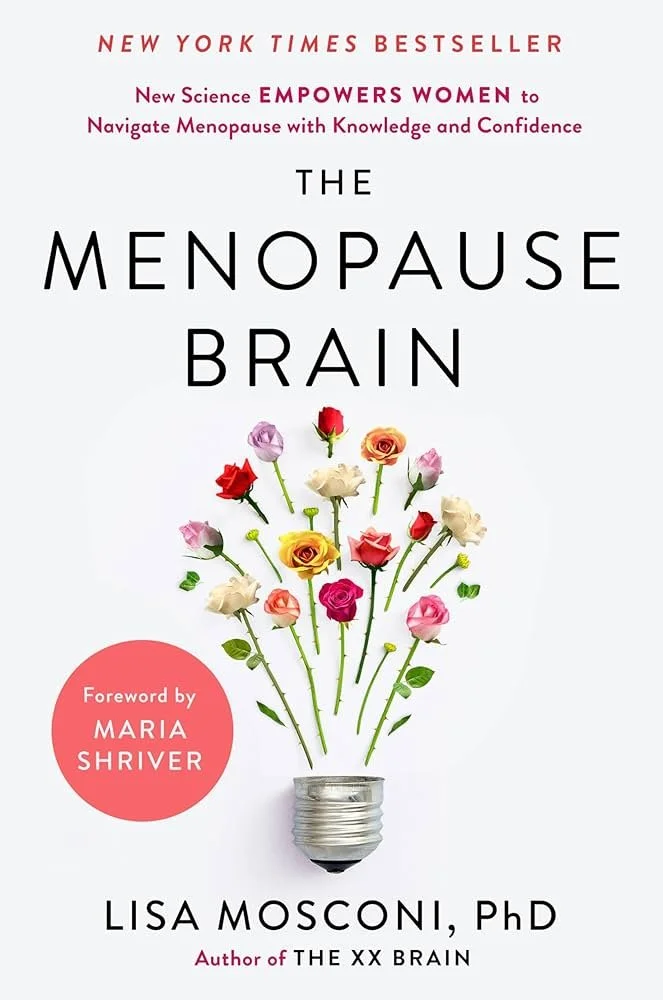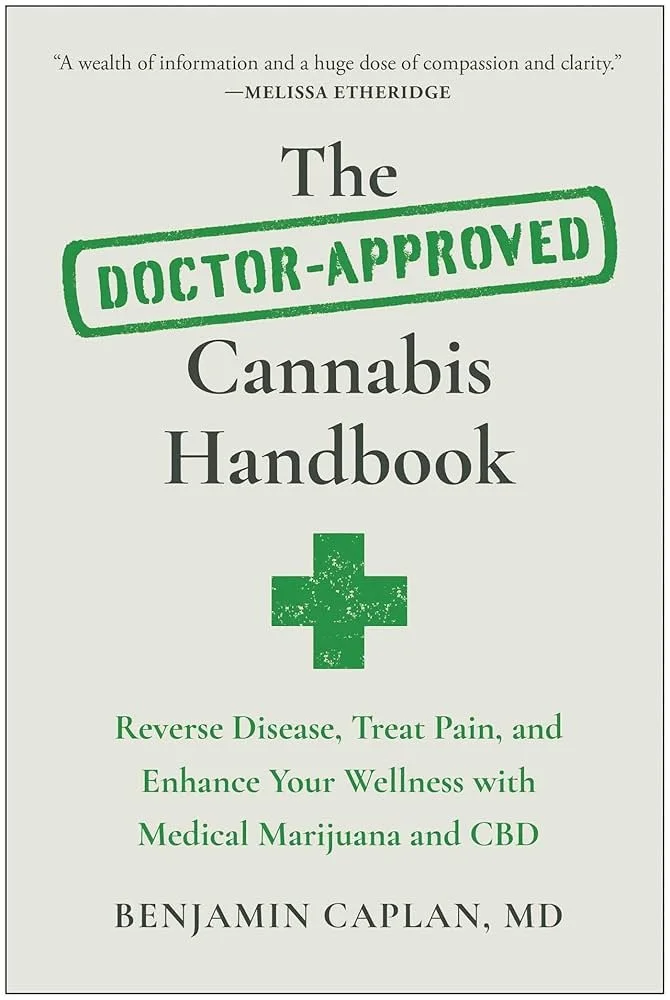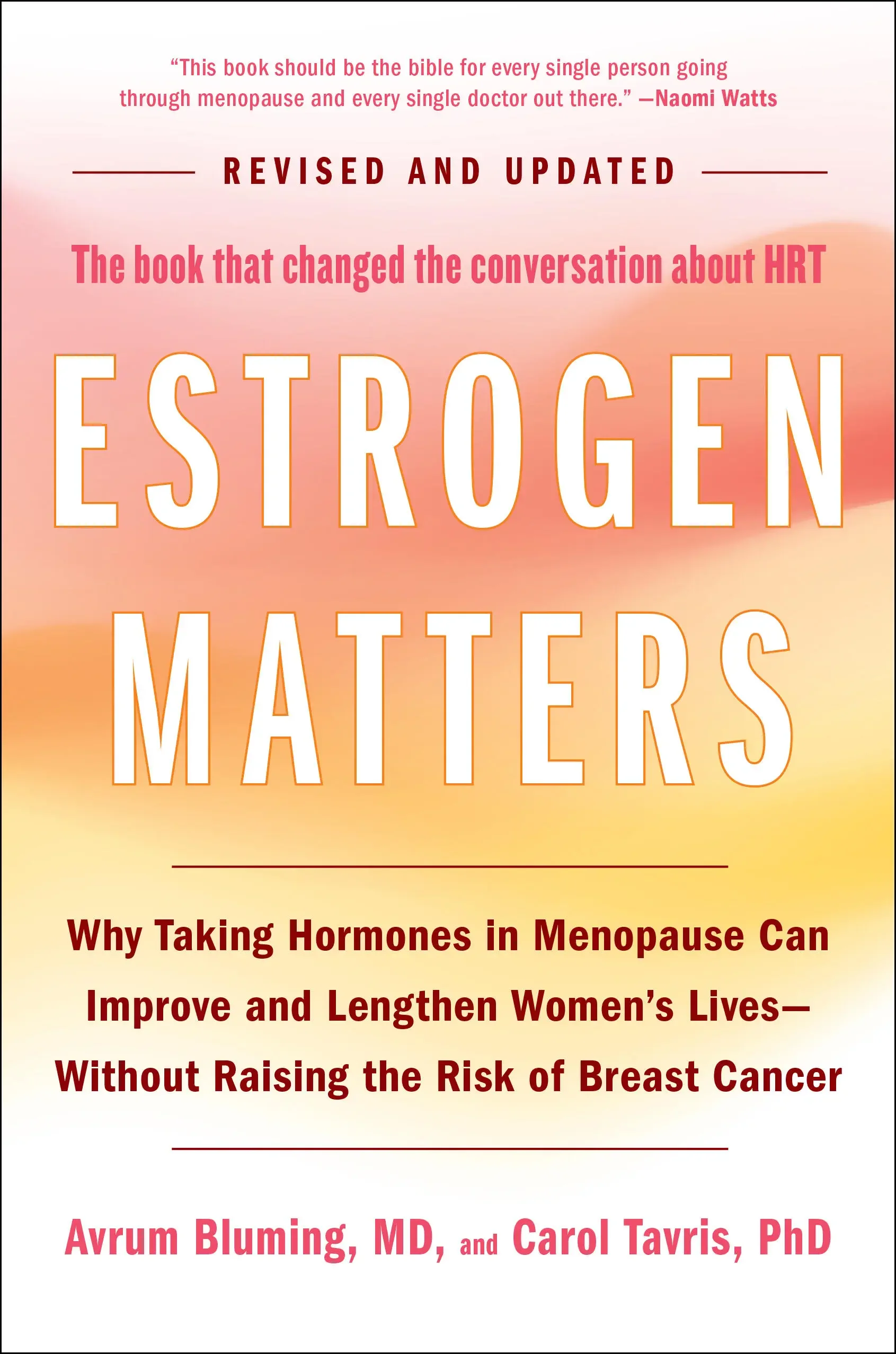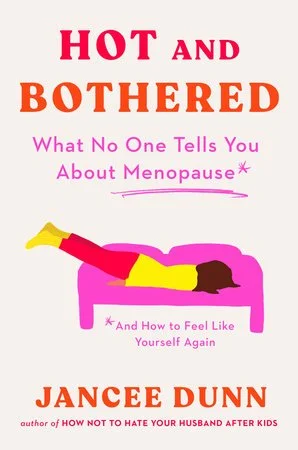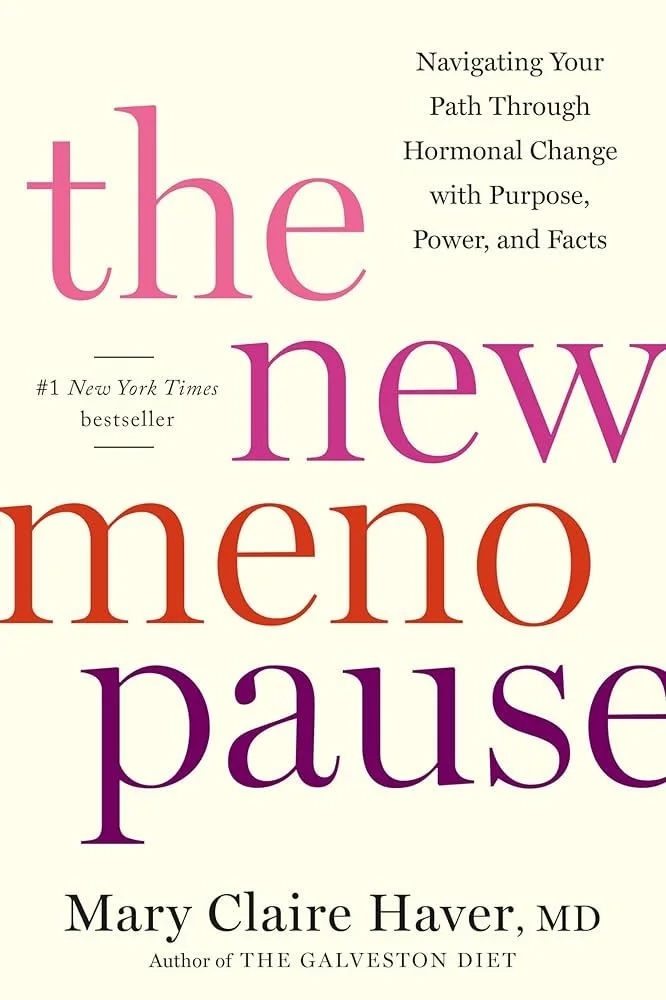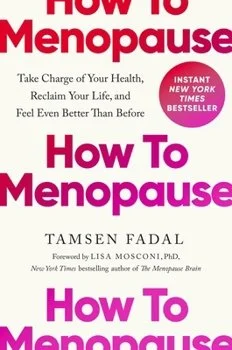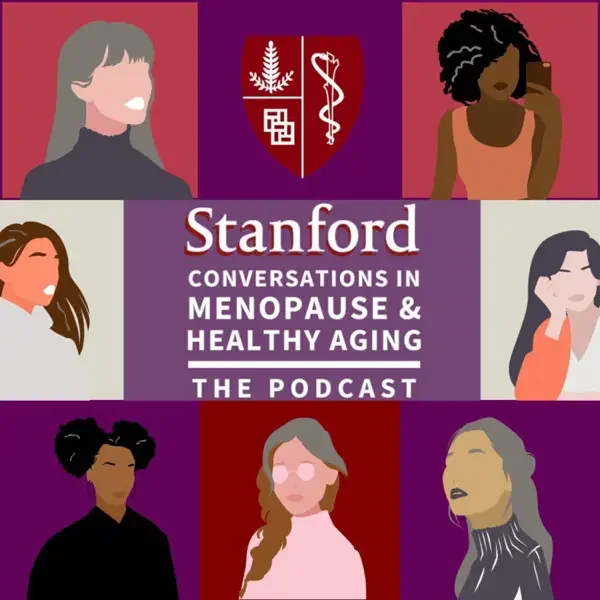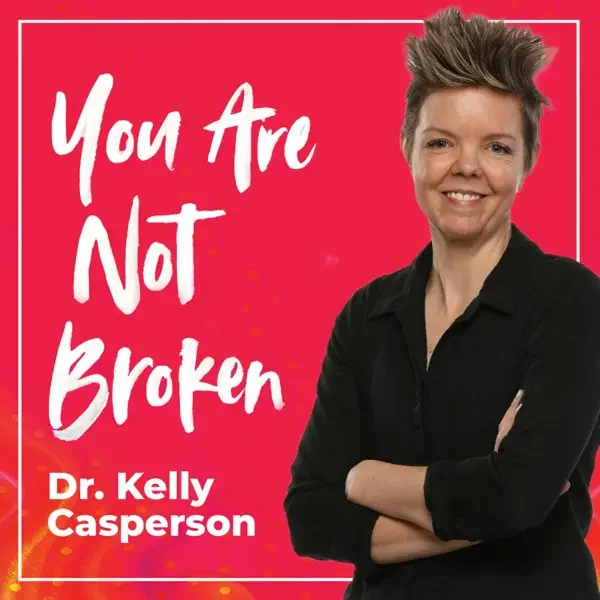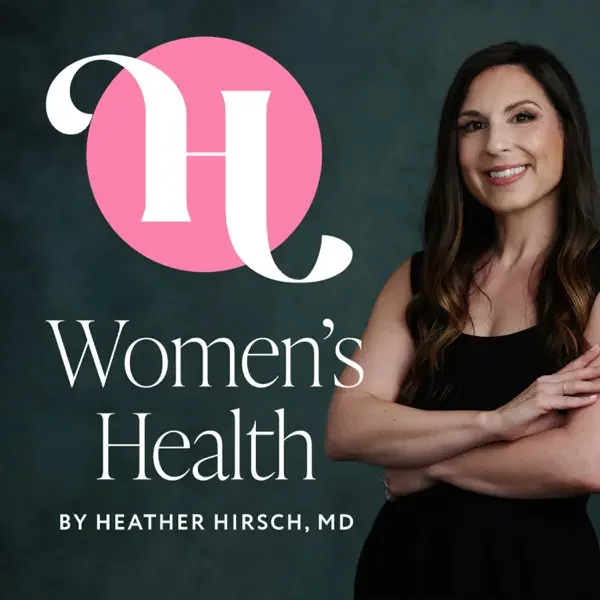The Whiny GYNie Has Resources
Navigating menopause shouldn’t feel like detective work. I’ve curated a growing collection of trusted resources to help women cut through the noise, find evidence-based information, and feel seen in the process. From reputable medical organizations and certified menopause specialists to educational tools and advocacy guides, these resources are designed to help you understand your body, your options, and your rights. Whether you’re searching for a knowledgeable clinician, learning about FDA-approved hormone therapies, or simply looking for community—you’ll find real answers here. No gimmicks. No false promises. Just the clarity, support, and solidarity every woman deserves while navigating this transition.
The whiny GYNie reads
The whiny GYNie listens
THE WHINY GYNIE ROCKS
*
THE WHINY GYNIE ROCKS *
“Music is my medicine and my mischief. I’m a Gen X mix-tape of Lilith Fair legends, riot grrrl grit, Joan Jett swagger, The Go-Go’s joy, and late-night deep cuts that still make your heart thump. That vibe lives on The Whiny GYNie Spotify playlist—a sprawling soundtrack for hot flashes, mood swings, and moments you just need to dance in your kitchen. Because music feeds the soul (and sometimes cools the body), concerts are a non-negotiable on my calendar: I plan around live shows the way some people plan around meetings. If menopause is a marathon, music is the water stop—steadies your breath, lifts your chin, reminds you you’re still wildly yourself. Press play, sing loud, and let the bass line carry you through the messy, magnificent middle.”






